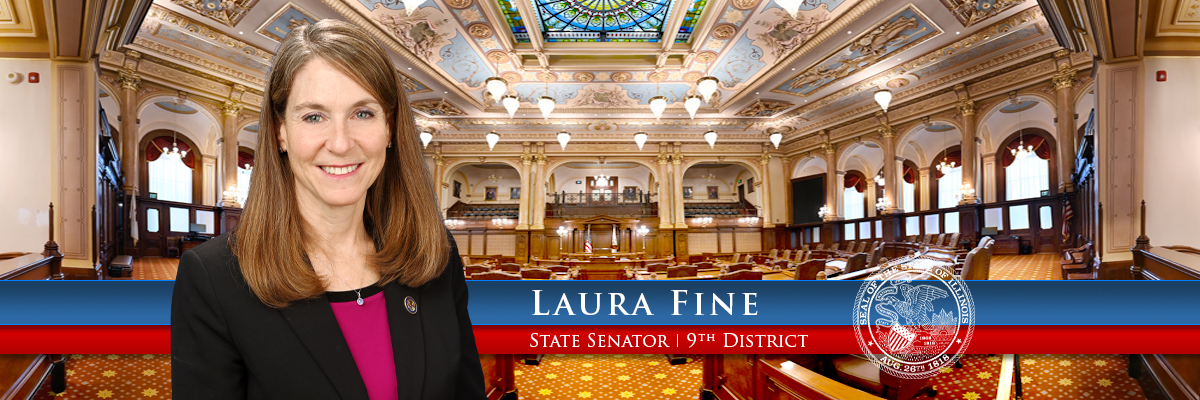- Details
- Category: Press Releases
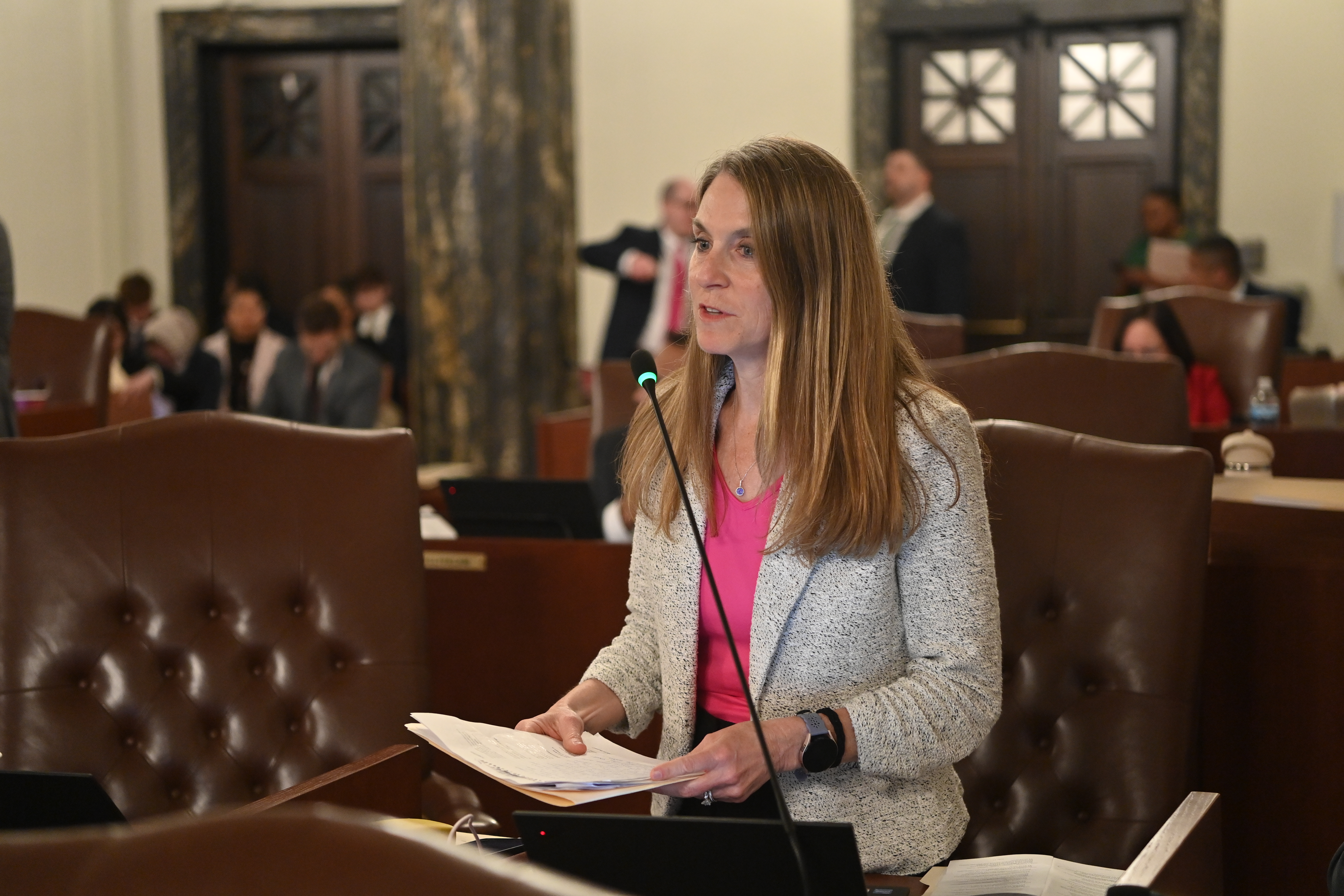
“The opioid crisis can impact any community, and we need to ensure no one is left without necessary resources to save a life,” said Fine (D-Glenview). “This law supports our state’s workforce by expanding access to opioid antagonists to trained workers.”
This law allows opioid antagonists to be made available at state agencies once employees are trained on how to properly administer the medication. The law also protects employees from civil liability should they administer the overdose reversal medication.
Read more: New Fine law protects state workers from opioid overdose
- Details
- Category: Press Releases
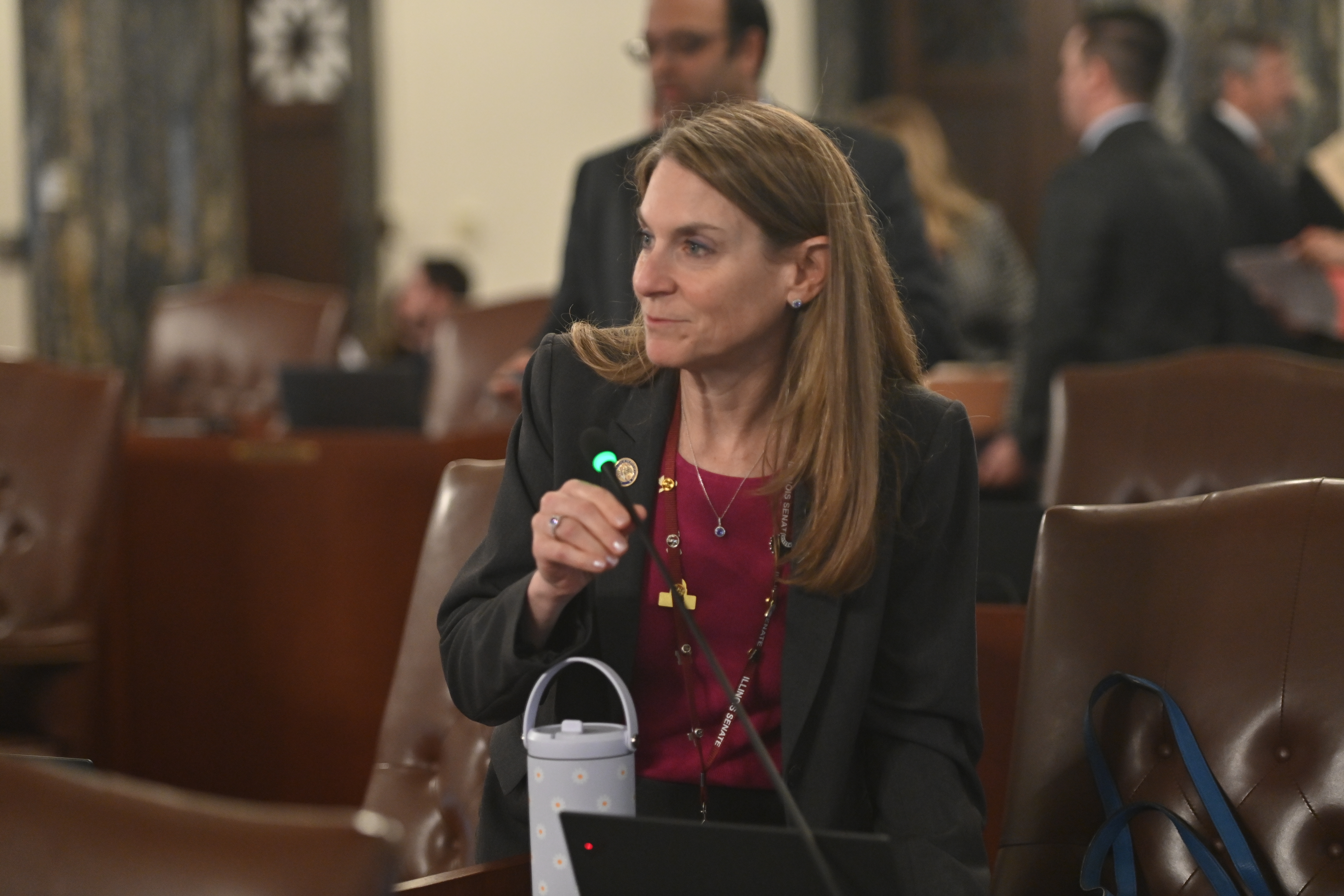
“Choosing to be vaccinated for COVID or the common flu is a personal decision that allows an individual to look after their own wellbeing,” said Fine (D-Glenview). “Patients seeking to protect their health are now able to do so without the added barrier vaccination administration costs can present.”
Although there may not be a cost for the vaccine, there are times when patients are required to pay the vaccine administration fee. Under SB 2744, all state-regulated insurance plans would be required to cover the administration fees associated with COVID-19 vaccines, flu vaccines and respiratory syncytial virus (RSV) vaccines, beginning Jan. 1, 2026.
Read more: Fine law to expand insurance coverage of vaccines
- Details
- Category: Press Releases
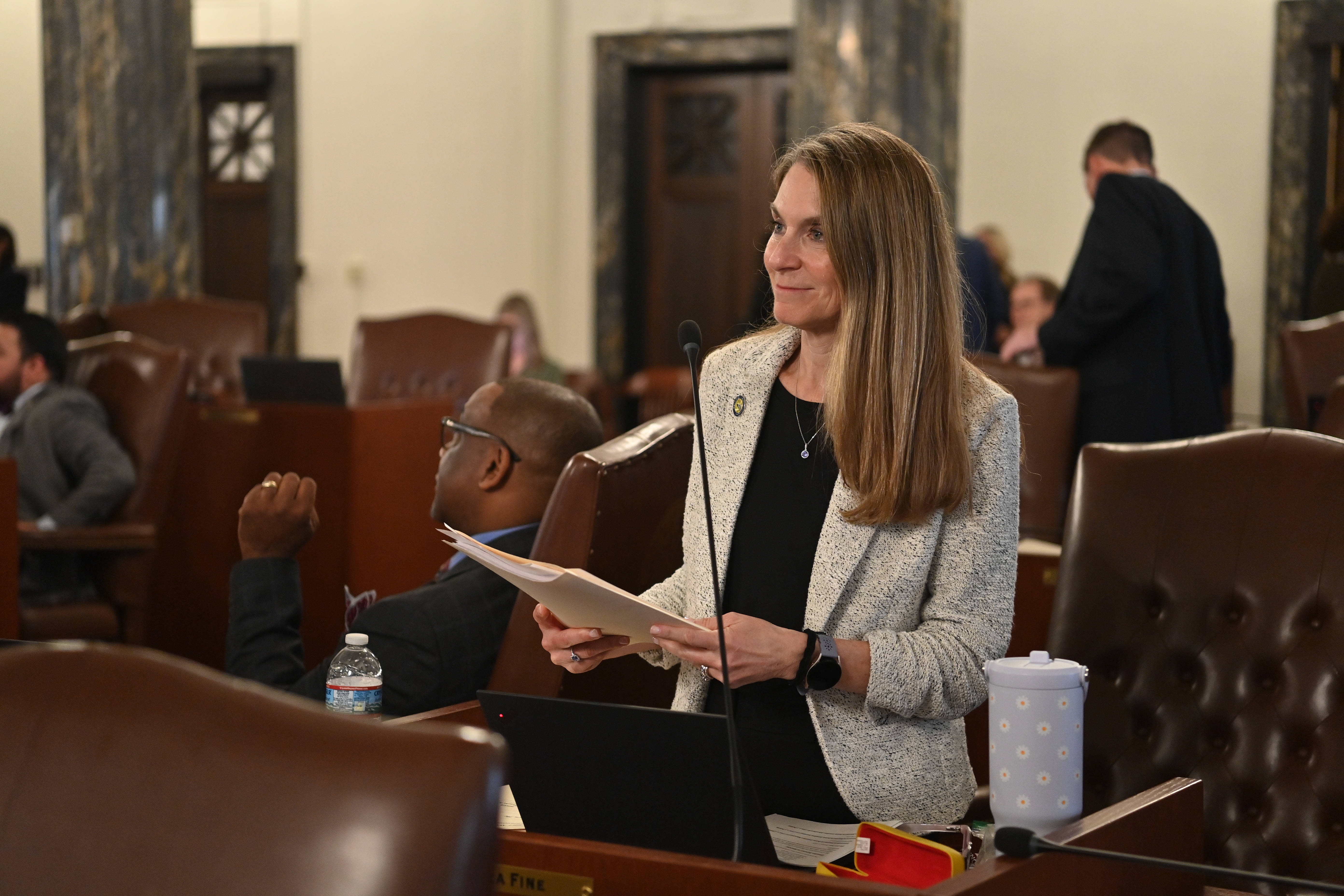
“Tiny plastic bottles provided by hotels that contain personal care products, like shampoo and conditioner, produce unnecessary plastic pollution,” said Fine (D-Glenview). “By taking an environmentally conscious approach to hospitality, we can reduce plastic pollution across the state and throughout our waterways.”
Sen. Fine’s law, known as the Small Single-Use Plastic Bottle Act, requires hotels with 50 or more rooms to eliminate the use of small, single-use plastic bottles containing personal care products in individual rooms and public bathrooms beginning July 1, 2025. By Jan. 1, 2026, all hotels with fewer than 50 rooms are expected to make this transition.
Read more: Hotel industry to reduce plastic waste thanks to Fine law
- Details
- Category: Press Releases
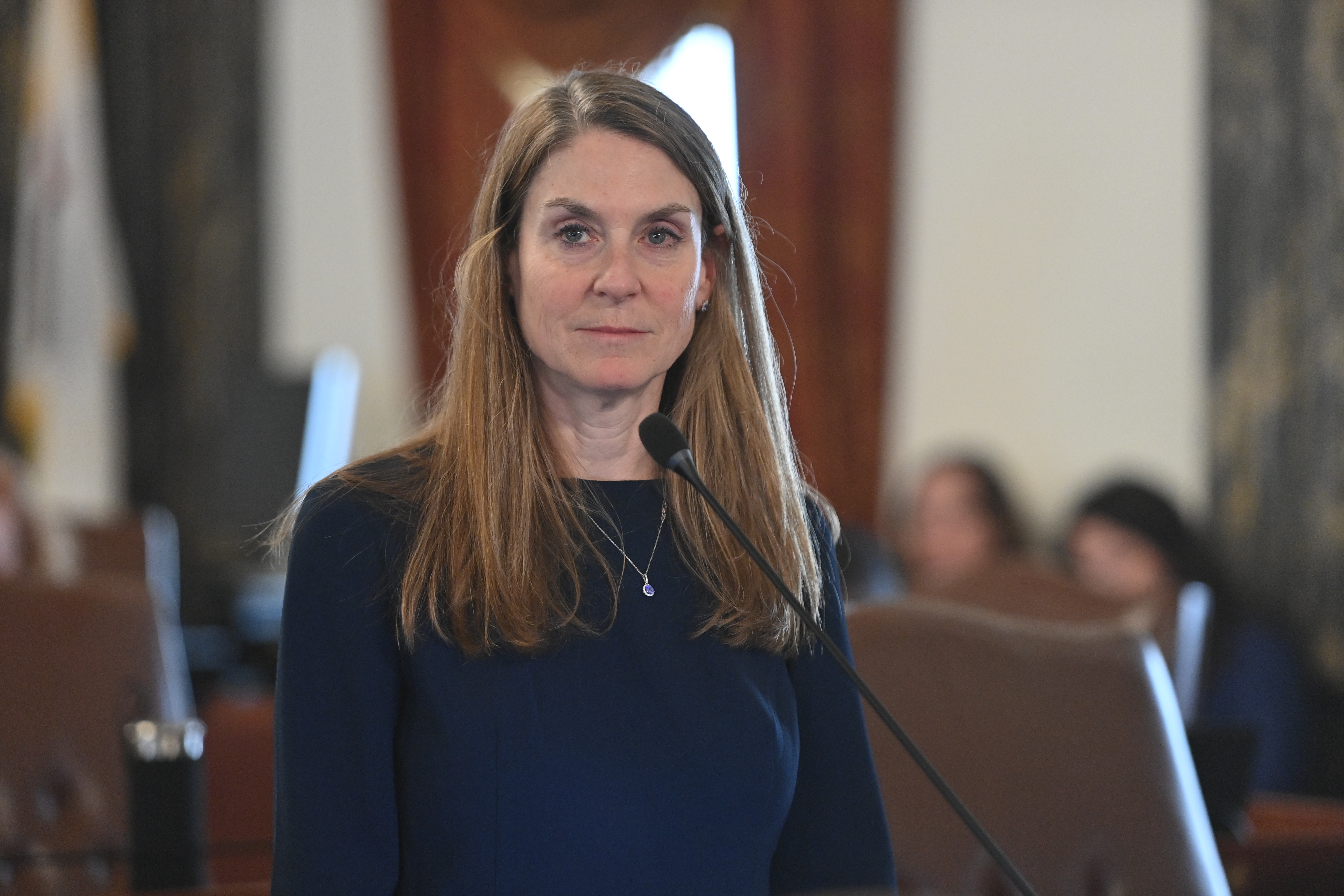
“It is heartbreaking to lose a loved one, and it is unconscionable that there would be a delay in notification,” said Fine (D-Glenview). “No family should experience this unnecessary pain.”
Jordan’s Law is named in honor of an Evanston family who shared their story about their son, Jordan, who passed away while in a rehab facility. The family was not immediately notified of their son’s death. To ensure no other family would have to experience this, Jordan’s law will require substance abuse disorder programs and mental health and developmental disability facilities to notify a patient’s personal representative of their death within 24 hours and provide a written notice within five days.
More Articles …
Page 13 of 77
